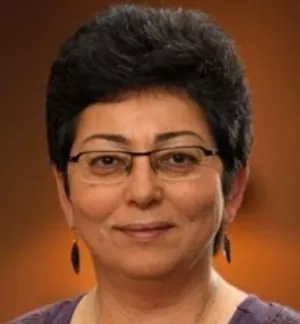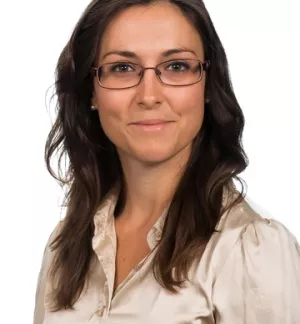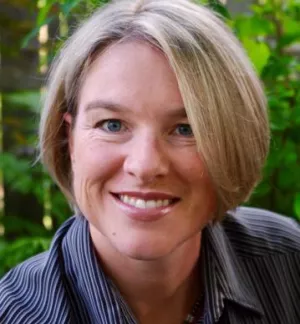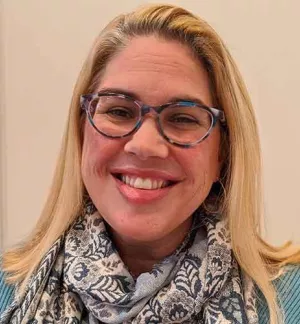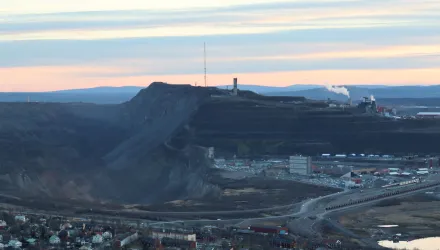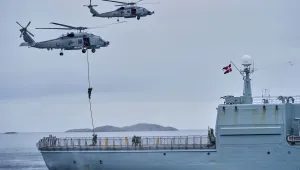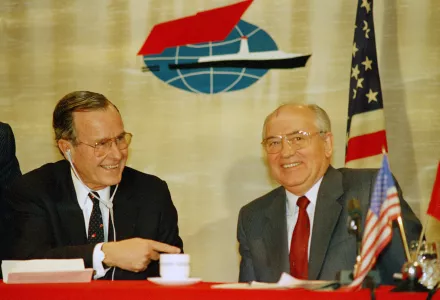
Since Russia invaded Ukraine, the U.S. and European governments halted all scientific cooperation between federal scientists and their Russian counterparts. Most universities followed suit, abandoning 30 years of relationships and projects that informed climate science, environmental protection and industrial development. In the Arctic, the disruption comes at a time of intensifying climate impacts and major geopolitical tensions.
During the Cold War era, cooperation in science offered a path toward warming U.S.-Russia relations. The Belfer Center's Arctic Initiative and the Davis Center for Russian and Eastern European Studies hosted a discussion on whether – and how – Arctic science diplomacy can be a useful approach toward improving relations once more.






